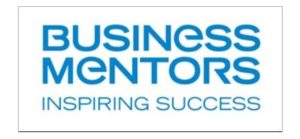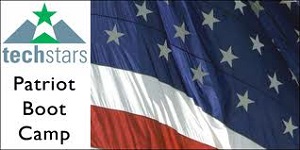Incubators for Small Business Owners
By Debbie Gregory.
Business incubators are organizations geared toward speeding up the growth and success of startups and companies in their early stages.
Incubators have been around for quite a while, but the concept really began to gain traction in the 1980s when institutions of higher learning decided to launch school-affiliated business incubators in order to offer students better employment prospects.
Many for-profit or “private” incubation programs were launched in the late 1990s by investors and other for-profit operators seeking to hatch businesses quickly and bring in big payoffs
The vast majority of startups lack the experience and networks that are required for growth, business incubators seek to offer entrepreneurs a range of essential resources and skills development programs. They are often a good way to attract capital from angel investors, state governments, economic-development coalitions and other investors. Other benefits include mentorship, expertise and networking.
Business incubators sometimes have an actual physical space, while others operate on a virtual basis. Both are meant to foster networking among entrepreneurs and their coaches.
Why doesn’t every new business take advantage of an incubator? The answer is that there can be a downside and the very benefits that can make incubators so useful can impact focus during the crucial early stages of your business development. Additionally, an incubator is a place your company will generally live and grow for years. If you are looking for quicker results, an incubator might not be the right option for you. For the most part, the benefits far outweigh the downside.
There are some important requisites before you seek out an incubator. To have a successful relationship, you need to be coachable and allow the experts to provide you guidance. You also must be prepared to roll up your sleeves and work and some of it might not be what you think is important.
If you’re considering an incubator for your business, it’s important to find one that is the best fit. The National Business Incubation Association has a search engine and a directory of state business incubation associations. Other good sources for finding an incubator include state and local economic development departments, as well as local Small Business Association (SBA) offices.
Veteran and Military Business Owners Association, VAMBOA,










